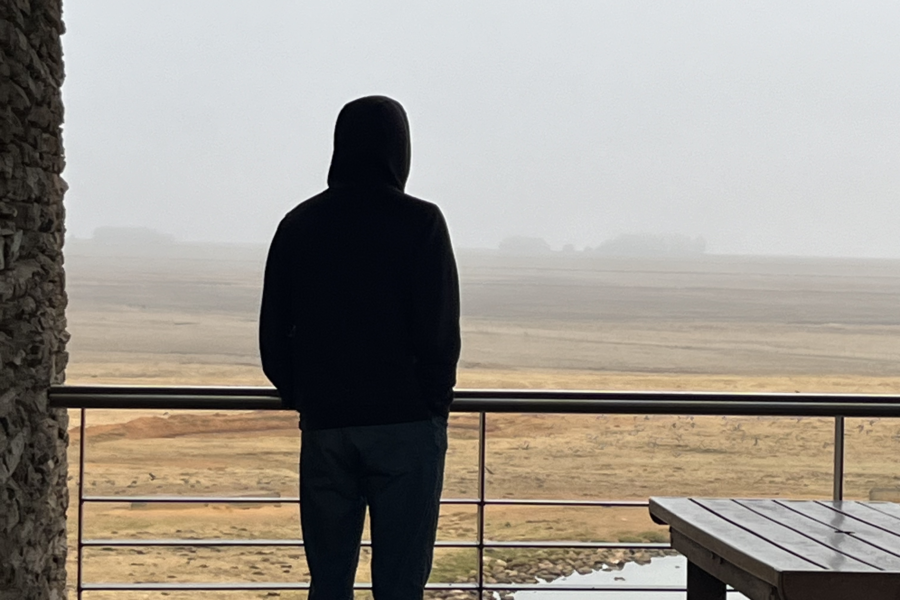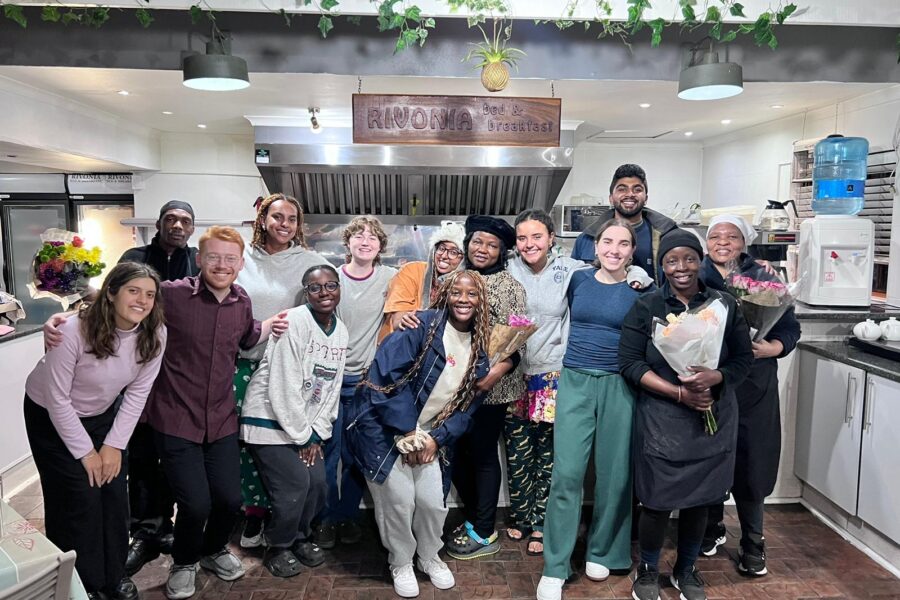This week, I learned my first lesson in storytelling, cemented by a drastic announcement: “I can never watch TV again.” This idea erupted after completing our second weekly assignment—the interview. I had been so intensely absorbed in editing my beautiful thirty minutes of footage into a messy two-minute clip that I felt robbed of my love for TV forever.
An episode of Gossip Girl led me to this drastic conclusion. Every time the camera cut or zoomed in to conceal a different take, each inconsistency in the characters’ appearance made me wince. Why couldn’t the editor strive for perfection? Just hit command K and start over!
The intensity led me to predicate my entire belief system on storytelling and how smoothly I could compress something into a two-minute timeframe. It taught me to detest choppy editing moments and to savor convenience.
Admittedly, I have a rather impressionable mind. My belief system is easily swayed by challenges and new experiences. I have a hard time sticking to my convictions. So, now, storytelling seemed like a game to me—a stepping stone to expressing what you want to say or achieving the grade you want. I had turned into a complete cynic—and worse than that, I had turned into a critic. This new, brazen mindset accompanied me on our trip to Eswatini; I was pessimistic and ripe with lingering exhaustion and stress from the assignment.
Fortunately, my second lesson in storytelling was waiting to burst this attitude. It came during the last day of our stay in Eswatini. After a day of celebration and revelry with the hospitable community, we gathered in Mkoko’s living room to hear about Musa’s experience with TB. Johnathan informed us as we sat down that this was why we were there.
I sat down expecting fireworks—an epic tale of Musa’s journey battling TB. With the film project on my mind, canon lenses practically replaced my eyeballs as I waited for Musa to unload on us.
To my surprise, Musa didn’t say anything at all. He began quietly recounting his story in siSwati. After a pause, Musa’s youngest son, Zola, began delicately translating his father’s story into English for us.
My ignorance and the class had led me to expect a theatrically compelling narrative. The cynical, critical eyes I had developed during our last assignment had nowhere to root themselves. Instead, the story we heard was straightforward. Zola explained where his father had contracted TB and his journey taking MDR therapy.
The storytelling lesson came from Zola as he carefully watched his father, their hands almost touching, and recounted these details from his father’s short descriptions. Zola was only 7 or 8 when his father experienced the height of his drug therapy.
Now, as a 21-year-old, Zola stood before us. His translation wasn’t just converting siSwati to English. He translated an emotional journey into his shy movements, darting eyes, and fidgeting fingers. His translation told us about a young boy’s fear of losing his father.
The spectrum of emotion and all that was unsaid between these two loving men taught the class that storytelling isn’t about fitting someone’s truth into a predetermined box. The tension that filled the room as Zola spoke shattered my previous notion of storytelling.
Maybe filmmaking isn’t for me. My favorite part of a story lies in the aspects that cannot be contained—the moments that emerge amidst imperfection, like a weed breaking through the cracks in cement.
Thank you, Zola and Musa, for sharing what TB looked like for your family. The vulnerability and earnestness with which you narrate your lives are something to be admired.








